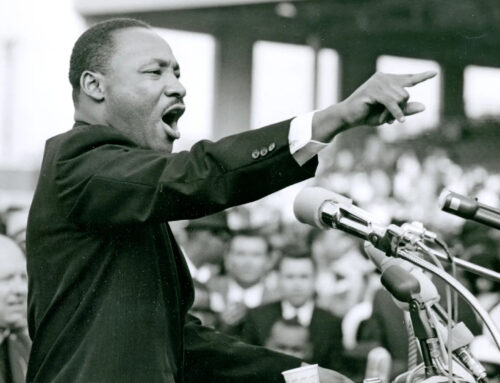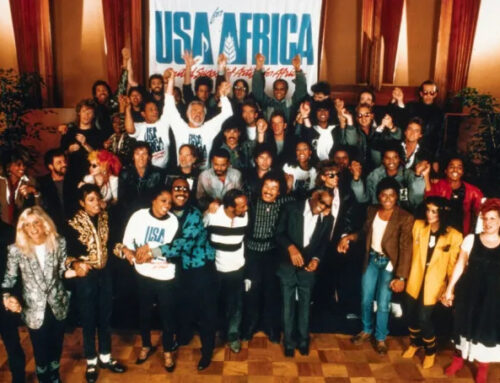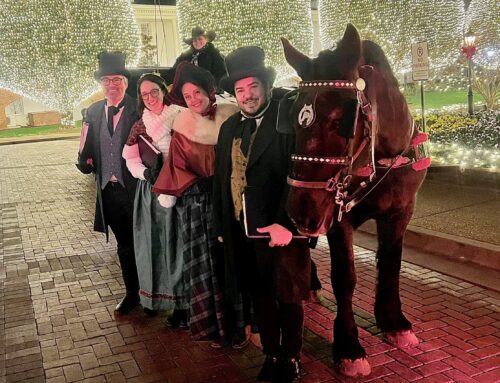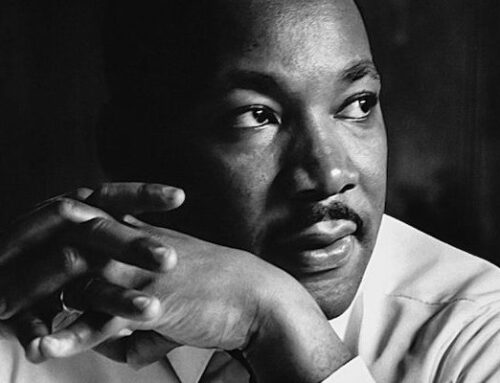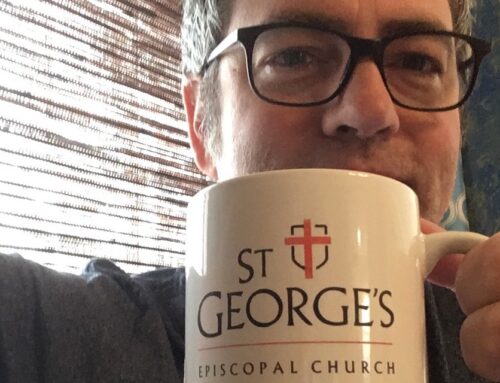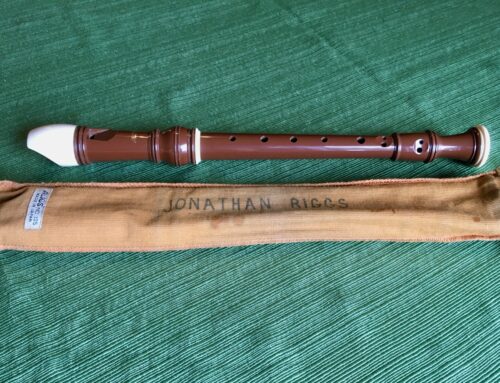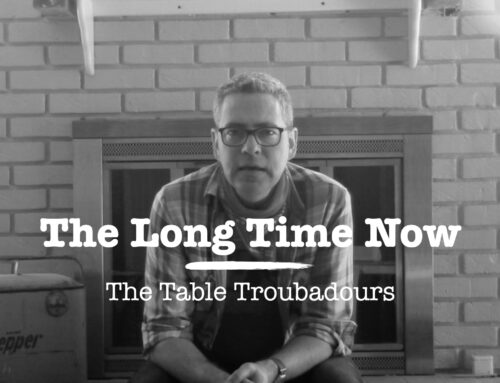
Jonathan and Milton Gaither
While I was in Pennsylvania this weekend, I got to catch up with my old friend Milton. I haven’t seen him in over ten years and I welcomed this opportunity. Milton grew up with my wife in a prominent Southern Baptist Church in Nashville. I met him as a high school student. Milton is now a professor of education at Messiah College in Grantham, PA. (He also writes a blog here).
When I contacted him on Saturday to see if we could hook up after my conference, he mentioned that he normally goes to choir practice on Saturday nights. I had nothing else to do and I’d rather do almost anything with a friend than kicking around an unfamiliar town alone. “You’re welcome to come if you want to,” he said. I responded that I would love to. Milton and his wife have converted to Christian Orthodoxy, which has a worship tradition much different from my own. I was up for the experience.
Now, my friend is neither a cultural Christian nor a casual church-goer. He is bright, deliberate, and a student of church history. He would not make such a radical change in his worshiping life without reason. I got a hint of this reason at his kitchen table as he gave me a “back of an envelope” lesson in church history. In a nutshell, their desire was to get back to the original Church. He deduced that this was impossible without, ironically, forming a new church. So, they did what he considered the next best thing and went back to the first Church split between Latin and Greek. They chose Greek.
The music in their church is a cappella and ancient. It is a central component of their liturgical service which is comprised mostly of call-and-responses between the priest and the choir. I thought that I would be sitting in on their choir rehearsal and then attending the 6:00 service simply as a worshiper (i.e. not in the choir). Imagine my surprise when we went seamlessly from rehearsal to a pre-service Panakhida, and from there, straight to the Great Vespers. Surprise and welcome to the choir.
In my world with LifeWay Worship, we frequently deal with the evangelical tension of what’s typically referred to as “traditional” and “contemporary” worship (as evidenced by the strong turnout of this event). This weekend made me chuckle at the whole premise of this argument, as if we have any idea what “traditional” worship really is.
To be clear, I’m not Orthodox and my theology has no room to pray for the remission of sin of the dead. But, I do believe in being proactive in promoting unity in the Body of Christ and I can extend grace to other worshipers of Jesus and fellowship with them, even if I disagree with some of their particulars. Thanks, Milton, for your warm friendship and a fascinating experience.
We know that it is the desire of Jesus for the Church to be one. What are you doing to pursue unity with fellow believers from different traditions?
Read my comment policy.

